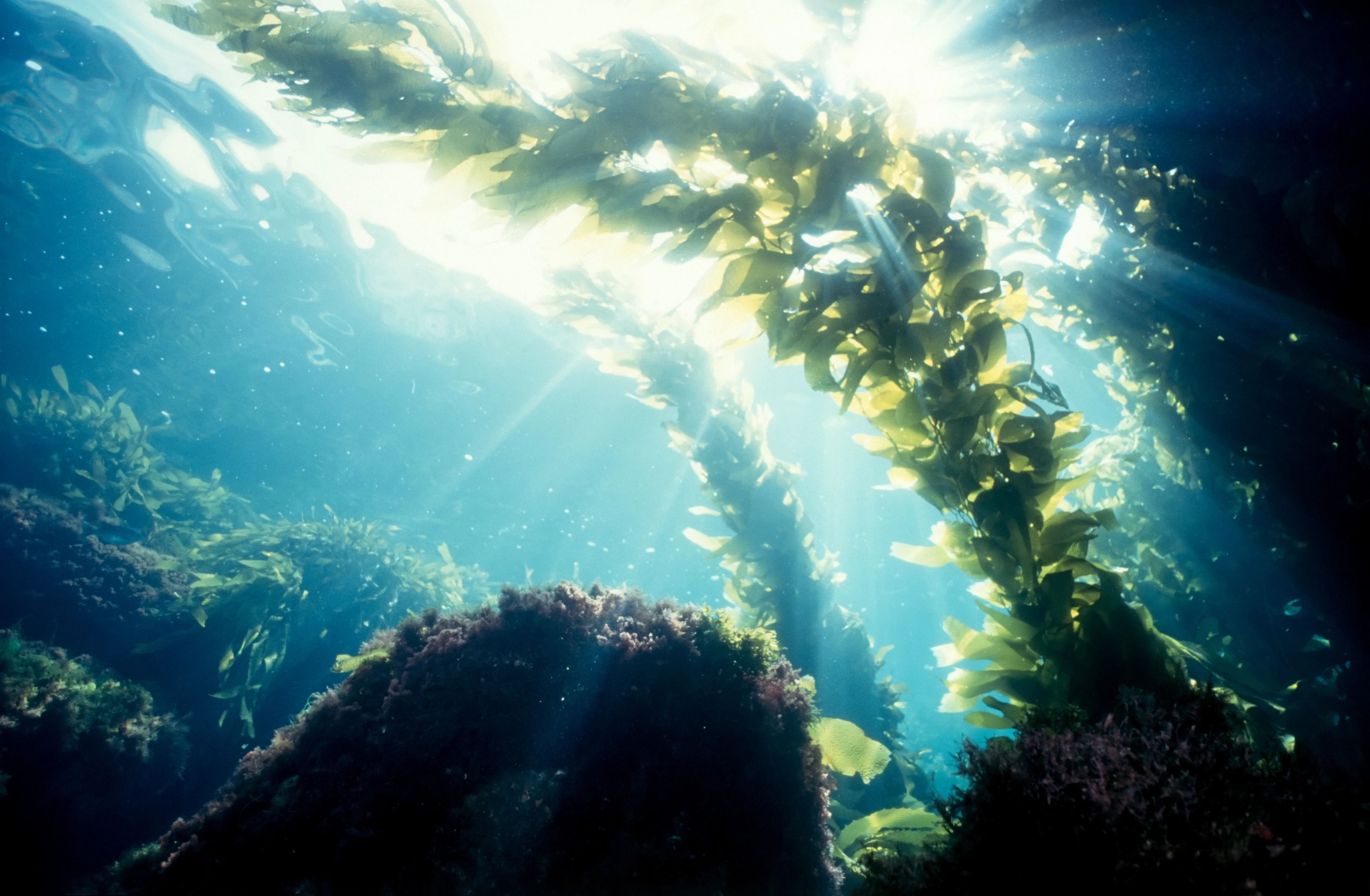Marine Science

Why study Marine Science?
Please note: Marine Science is only available in Tauranga.
Students gain a comprehensive understanding of marine environments, preparing them for meaningful contributions and informed decision-making in the field of marine science.
By studying Marine Science courses as a major or minor subject in your Bachelor degree at our Tauranga campus, you’ll be at the heart of thriving marine-based industries, coastal communities and New Zealand’s busiest port. You’ll have ready access to a wide range of marine ecosystems, learning from some of New Zealand’s leading researchers, industry professionals and science staff in our state-of-the-art laboratory and research facilities.
Marine conservation issues will be examined from a range of ecological, economic and cultural perspectives through a combination of field trips, laboratories and seminars.
Graduates will be prepared for roles in marine and coastal management, and the sustainable development of new and emerging marine industries, with a strong understanding of mātauranga Māori in the co-management of ocean spaces.
Career opportunities
- Fisheries biologist/manager
- Marine conservationist
- Marine Ecologist
- Marine educator/outreach specialist
- Marine policy analyst/advocate
- Scientific diver
Tauranga
Study Marine Science in these qualifications
Build a successful career in Marine Science
Graduates of our Marine Science courses will be prepared for roles in marine and coastal management, and the sustainable development of new and emerging marine industries, with enhanced numeracy skills and a stronger awareness of the interplay between science and mātauranga Māori.
Scholarships and prizes
Visit our Scholarship Finder for information about possible scholarships.